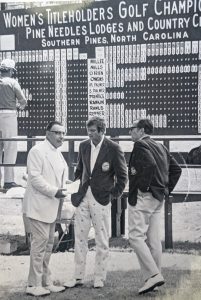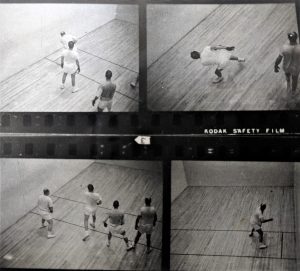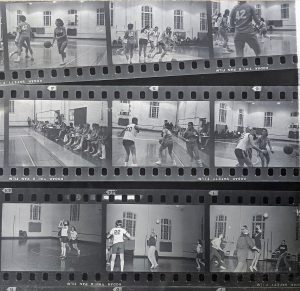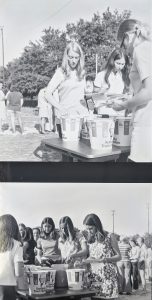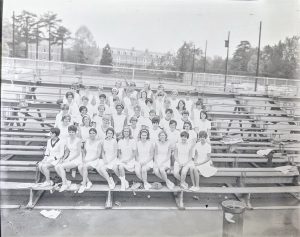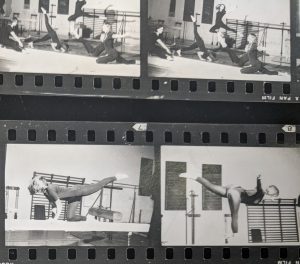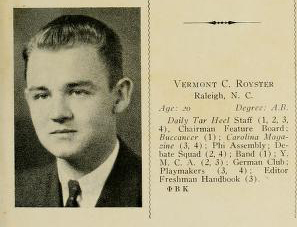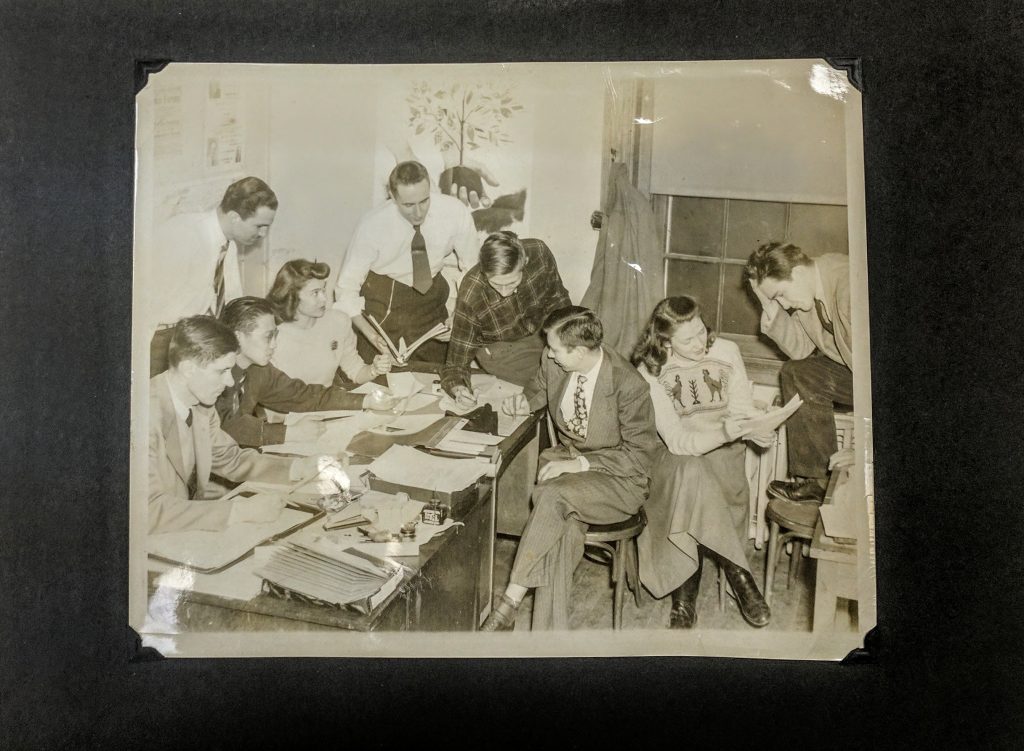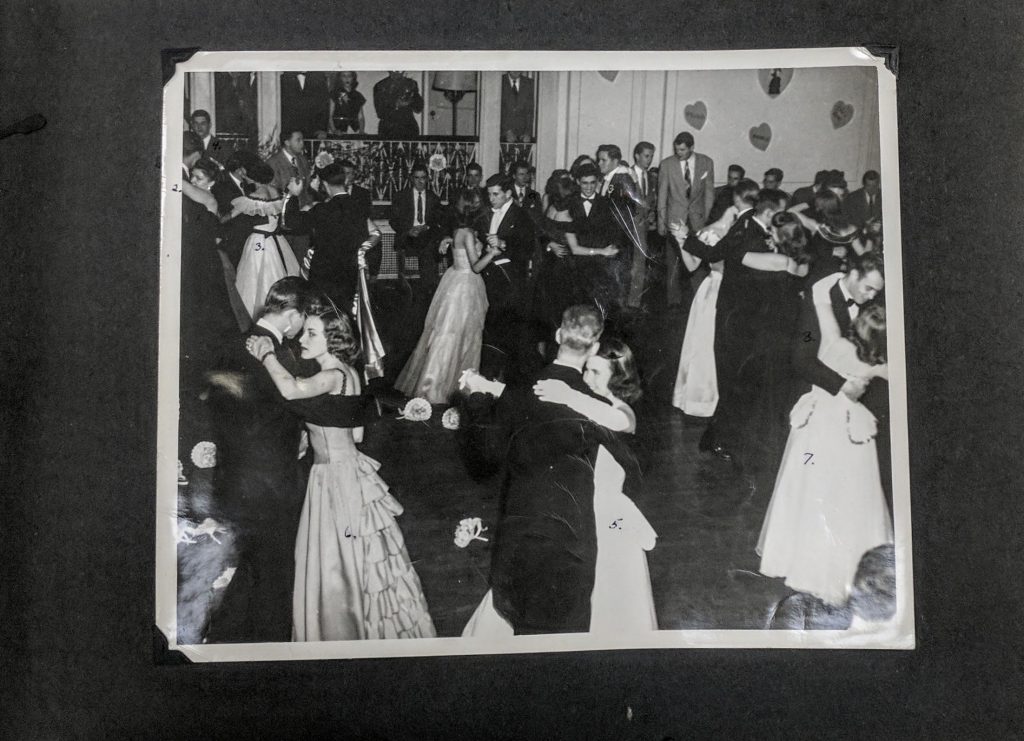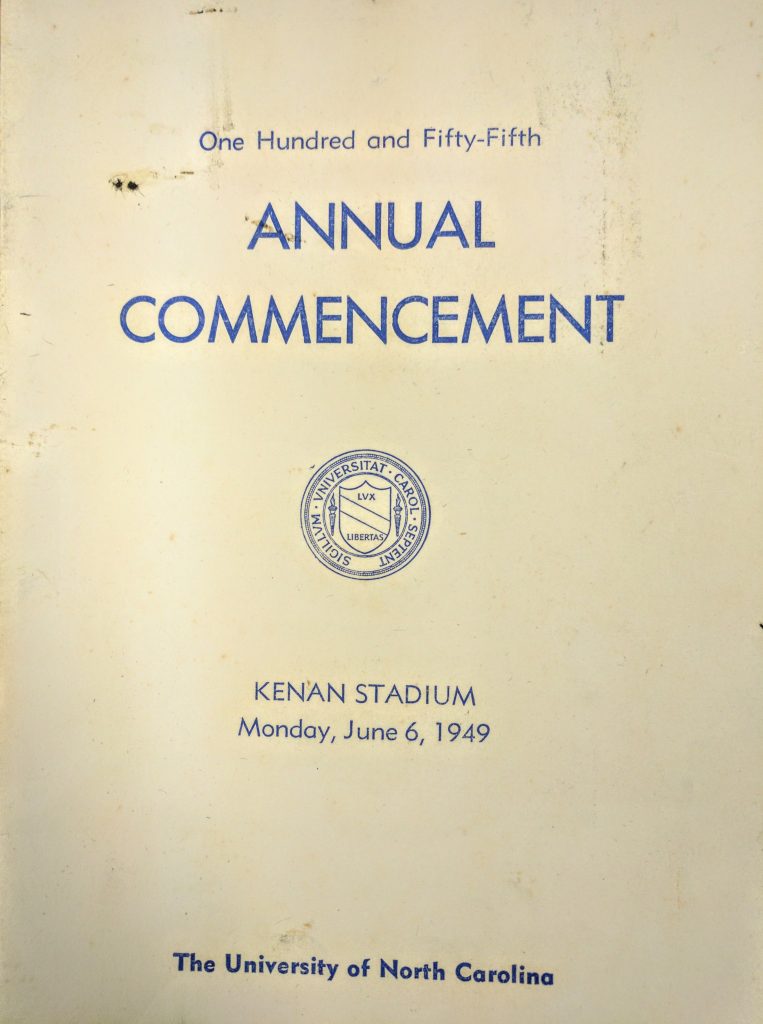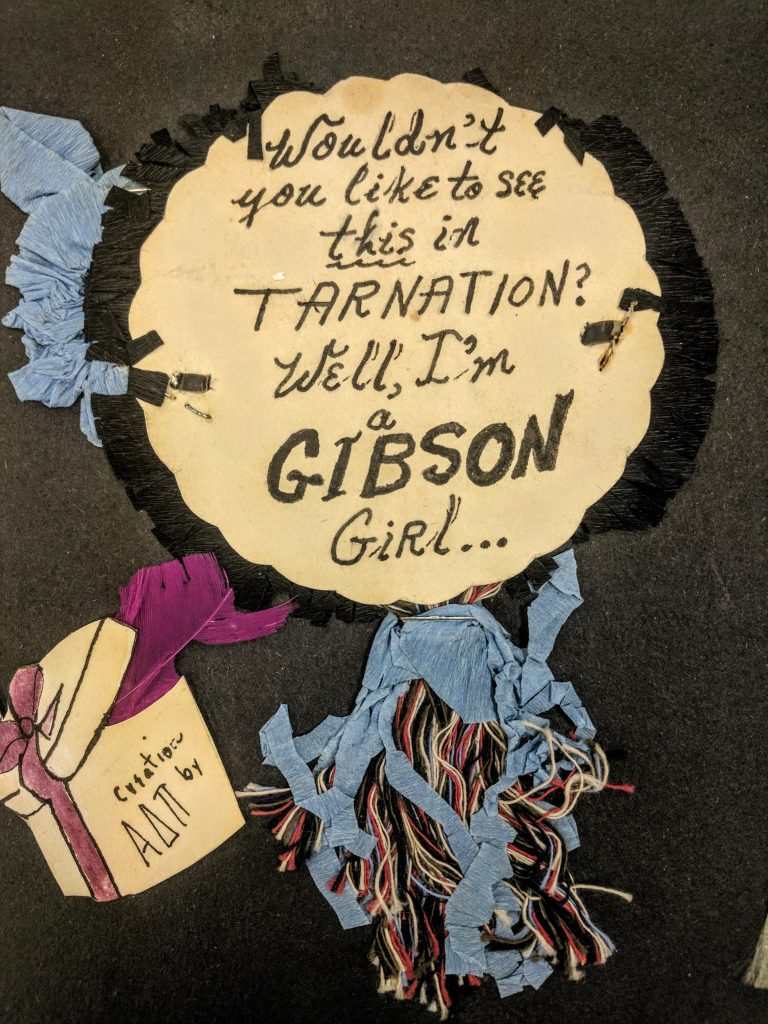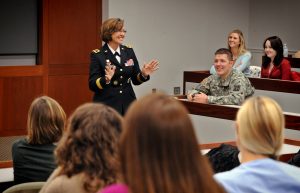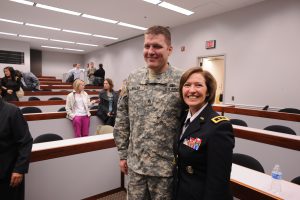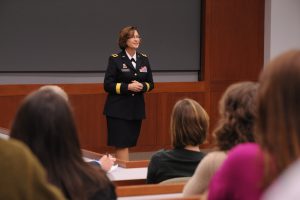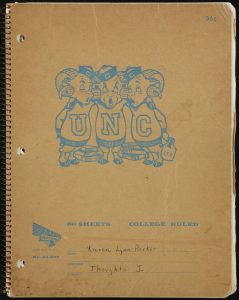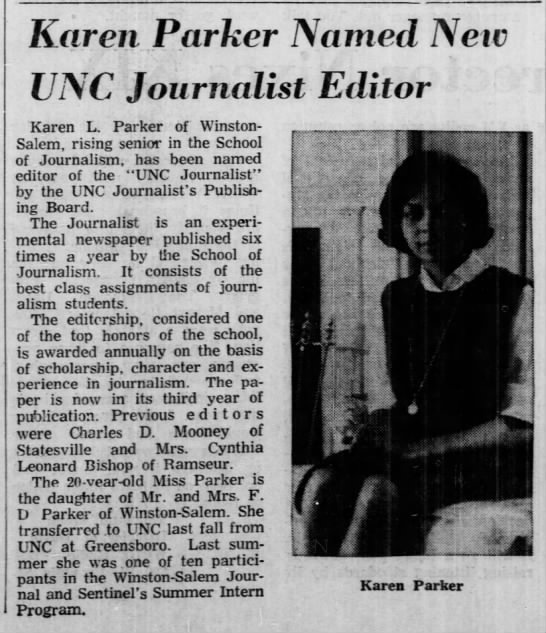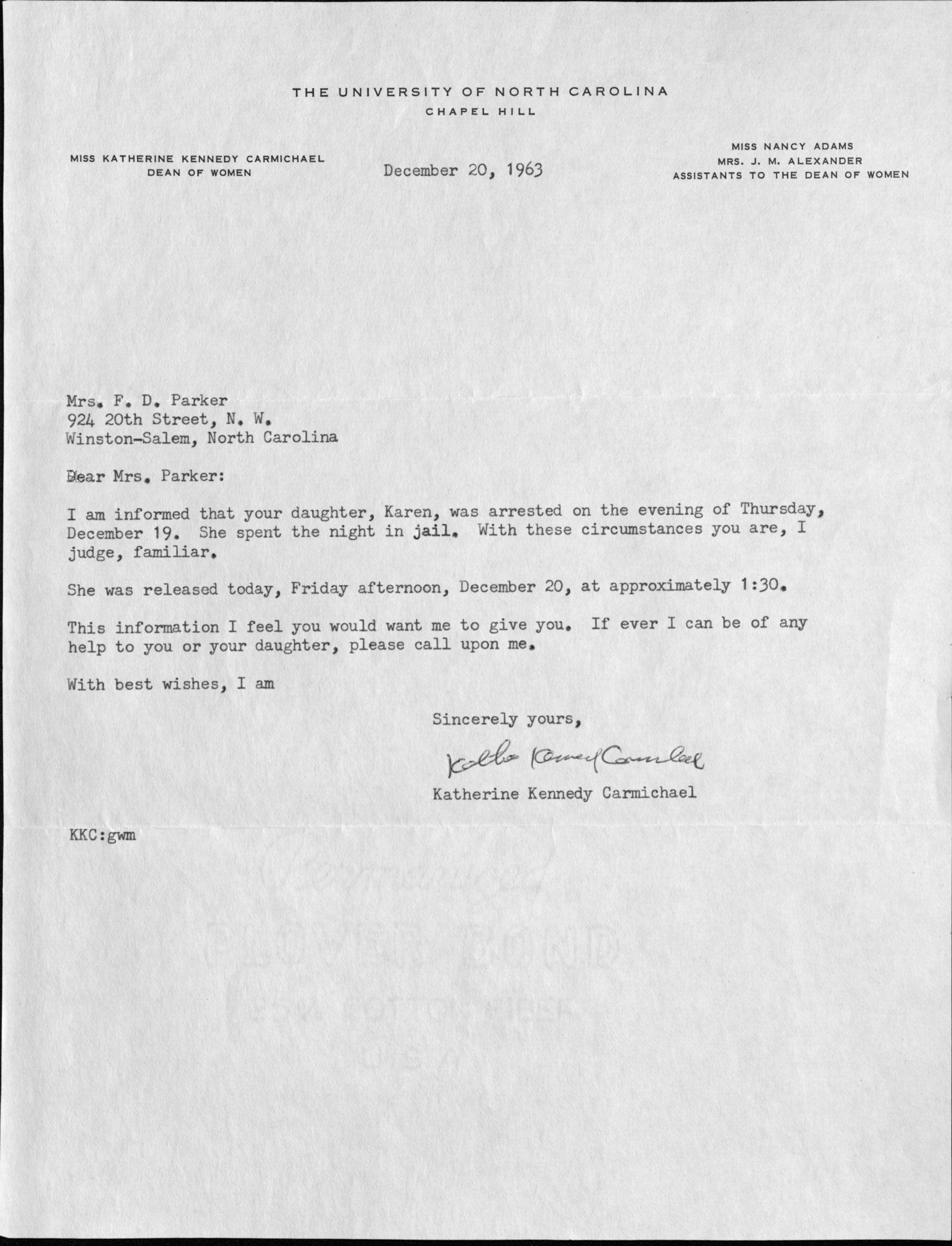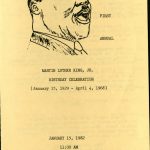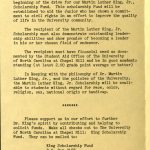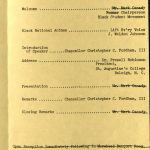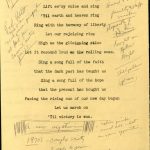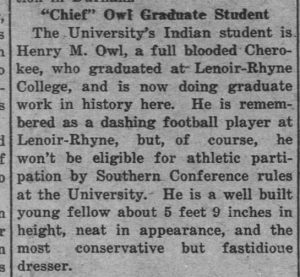At the University Day celebration on October 11, 2016, Chancellor Carol Folt announced a new program to name scholarships after notable “firsts” in UNC history. In recognition of the individuals recognized as pioneers at UNC, the University Archives is publishing blog … Continue reading →
At the University Day celebration on October 11, 2016, Chancellor Carol Folt announced a new program to name scholarships after notable “firsts” in UNC history. In recognition of the individuals recognized as pioneers at UNC, the University Archives is publishing blog posts with more information about each of the twenty-one “firsts.” This post is part of that series.
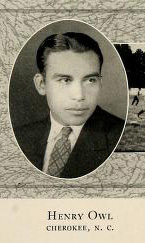
From the 1927 “Hacawa,” student yearbook at Lenoir Rhyne College.
Henry Owl, a member of the Eastern band of Cherokee Indians, was the first Native American student to attend UNC. Owl came to Carolina in the fall of 1928 and graduated the following year with a Master of Arts in History.
Owl was born in 1896 near Rattlesnake Mountain in western North Carolina. He attended the school at the Cherokee reservation, which at the time went only through eighth grade. Owl began his college education at the Hampton Institute, a primarily African American school in Hampton, Virginia. After leaving Hampton, Owl joined the U.S. Army and then taught briefly in Oklahoma. He returned to North Carolina in 1925 to enroll in Lenoir College (now Lenoir-Rhyne University) in Hickory.
At Lenoir, Owl was a member of multiple college clubs and was elected “Most Popular Boy.” He was also a star athlete, playing football and baseball. He was inducted into the Lenoir-Rhyne Sports Hall of Fame in 2012. According to Lenoir-Rhyne, Owl was the first Cherokee to graduate from a North Carolina college.
Not long after coming to Chapel Hill, Owl was mentioned in a Daily Tar Heel article about UNC’s “most cosmopolitan student body,” which discusses the growing number of international and out-of-state students at the university, despite the fact that Owl was neither an international nor an out-of-state student.
Owl wrote his master’s thesis on the history of the Cherokee Indians in North Carolina. The thesis, The Eastern Band of Cherokee Indians Before and After Renewal, is available in Wilson Library.
In 1930, just a year after graduating from UNC, Owl was prohibited from voting in Swain County. A profile in a the Lenoir-Rhyne alumni magazine described what happened:
[Owl’s daughter, Gladys Cardiff] said her father often discussed this incident. “North Carolina had some issue that they knew the tribe would be voting against,” she said. In those days the state had a literacy test for voters. When Owl tried to register, he was turned away on the grounds that he was illiterate. Owl left the courthouse and returned with a copy of his master’s thesis.
The story of Owl’s struggle to vote eventually reached the U.S. Congress, which passed a law affirming that Cherokees in North Carolina were citizens and had the right to vote.
Owl worked for the Bureau of Indian Affairs as a teacher and principal on reservations in North Carolina, Montana, and South Dakota. He moved with his family to Seattle where he worked as a counselor at the Veteran’s Administration and later as an inspector at Boeing. Wary of the racism that he knew he and his family would encounter on leaving the reservation, Owl began using his wife’s last name, Harris. He died in Seattle in 1980.
In addition to the new Carolina Firsts scholarship named in Owl’s honor, in 2011, the Department of American studies announced an endowed scholarship named The Henry Owl Scholarship Fund for Undergraduate Students. The scholarship provides need-based assistance to undergraduate majors in the American Studies department, with preference given to those studying American Indian and Indigenous Studies.
Sources and Further Reading:
“Living in Two Worlds,” Profile: The Magazine of Lenior-Rhyne College, Winter 2007. https://archive.org/stream/profilemagazineo2007wunse#page/10/mode/2up
“The Henry Owl Scholarship and a Class in ‘Gumption,’ UNC Arts & Sciences Magazine, 2014. http://college.unc.edu/2014/11/10/the-henry-owl-scholarship-and-a-class-in-gumption/
“Cherokee Indian Leaders Eloquently Describe to Senators Needs of Tribe.” Asheville-Citizen Times, 27 March 1930.
“Members of Indian Family Win Honors in Scholastic Work.” Asheville-Citizen Times, 27 November 1932
“Owl Family Holds Reunion.” Asheville-Citizen Times, 26 August 1962
“North Carolina Deaths, Funerals: Henry Harris” Asheville-Citizen Times, 11 March 1980
“Lenoir-Rhyne Announces Sports Hall Of Fame Class Of 2012” L-R Athletics, 26 September 2012. http://lrbears.com/article.asp?articleID=1814
Lenoir-Rhyne University. Hacawa. 1927. http://library.digitalnc.org/cdm/singleitem/collection/yearbooks/id/6760/rec/17
“University Presents Most Cosmopolitan Student Body.” Daily Tar Heel. 6 October 1928. https://www.newspapers.com/image/76356709
“First Indian Student at UNC, Henry Owl.” The Carolina Story: A Virtual Museum of University History. https://museum.unc.edu/exhibits/show/american-indians-and-chapel-hi/henry-owl
“Henry Owl Fellowship honors American Indian pioneer.” Cherokee One Feather. 31 October 2012. https://theonefeather.com/2011/10/henry-owl-fellowship-honors-american-indian-pioneer/

